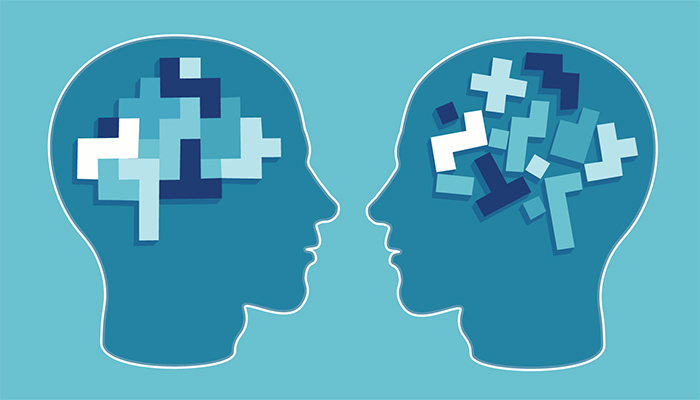
From sensors and cameras to remote alarm systems, today’s marketplace offers a plethora of technology to help older adults safely age in place. Those devices with monitoring features are particularly useful if your loved one lives on their own, whether near to you or far away. Indeed, many apps and devices can help you stay…










